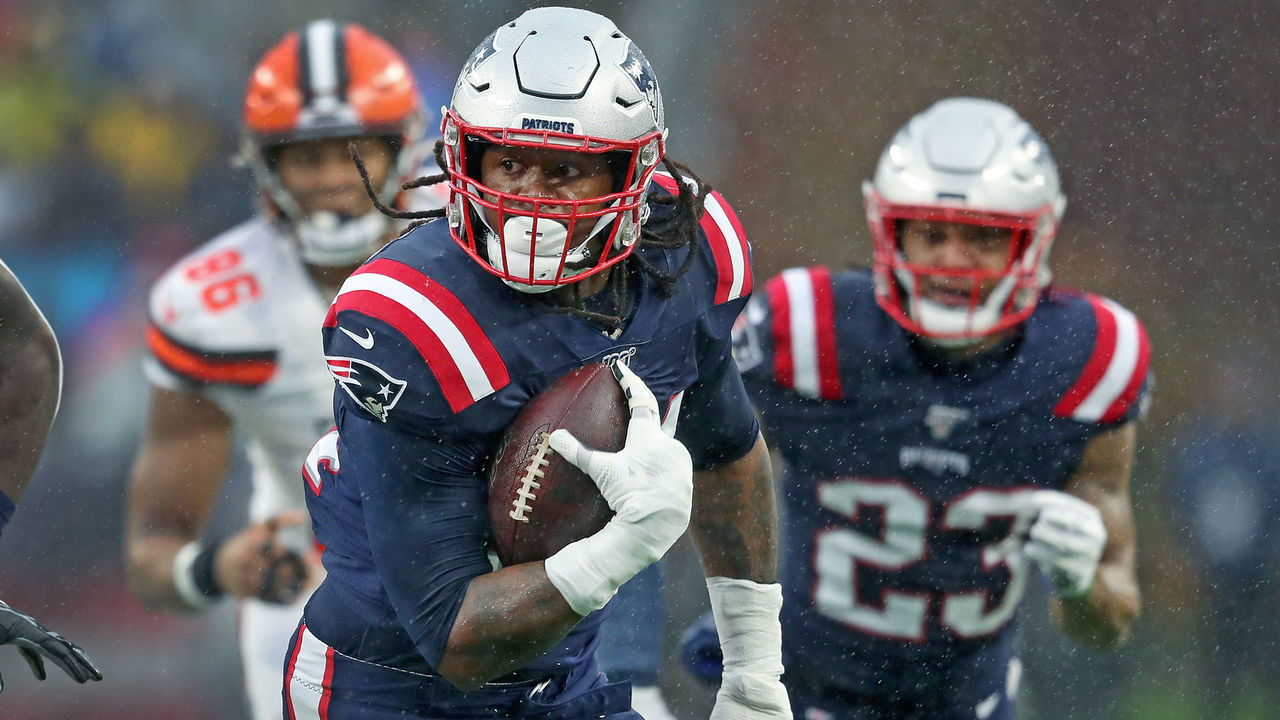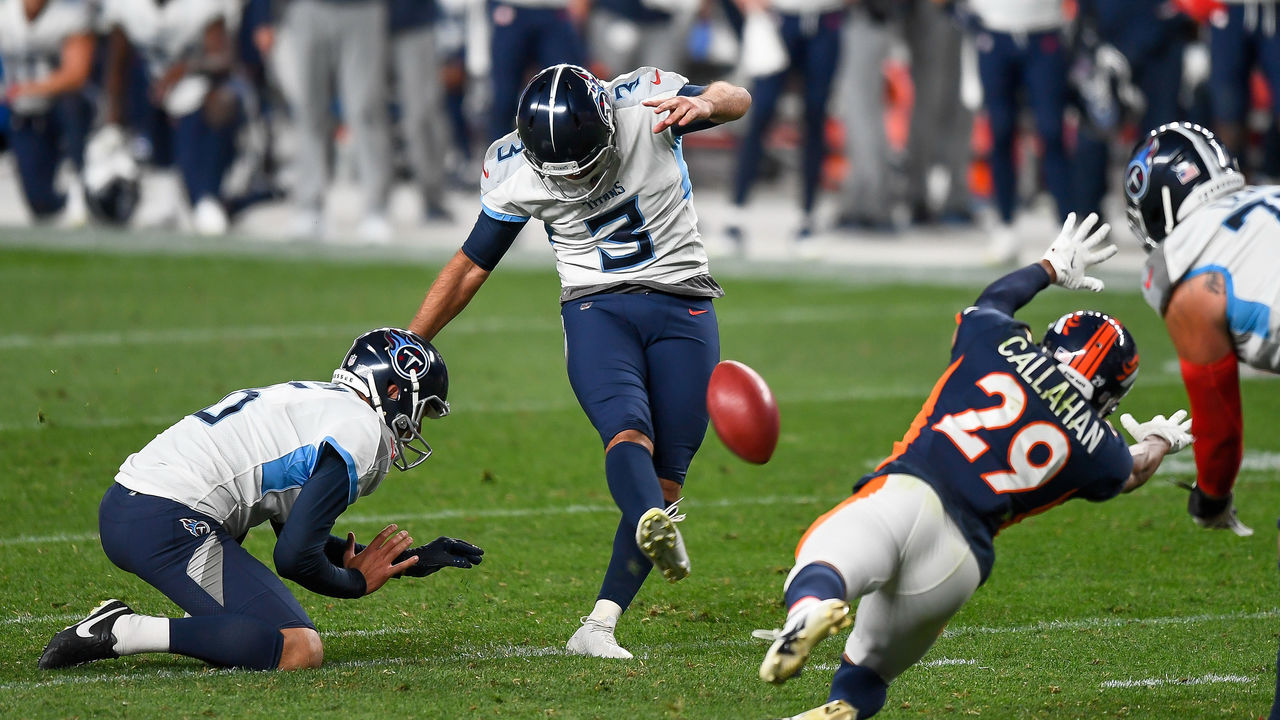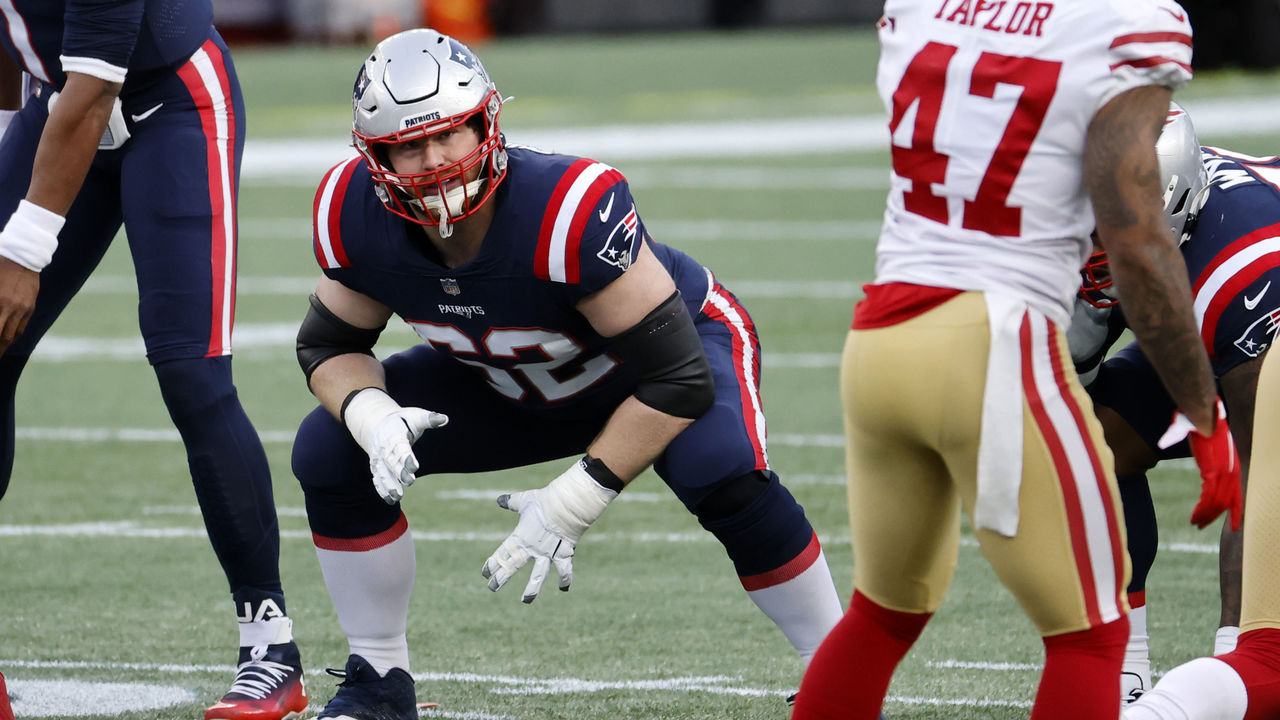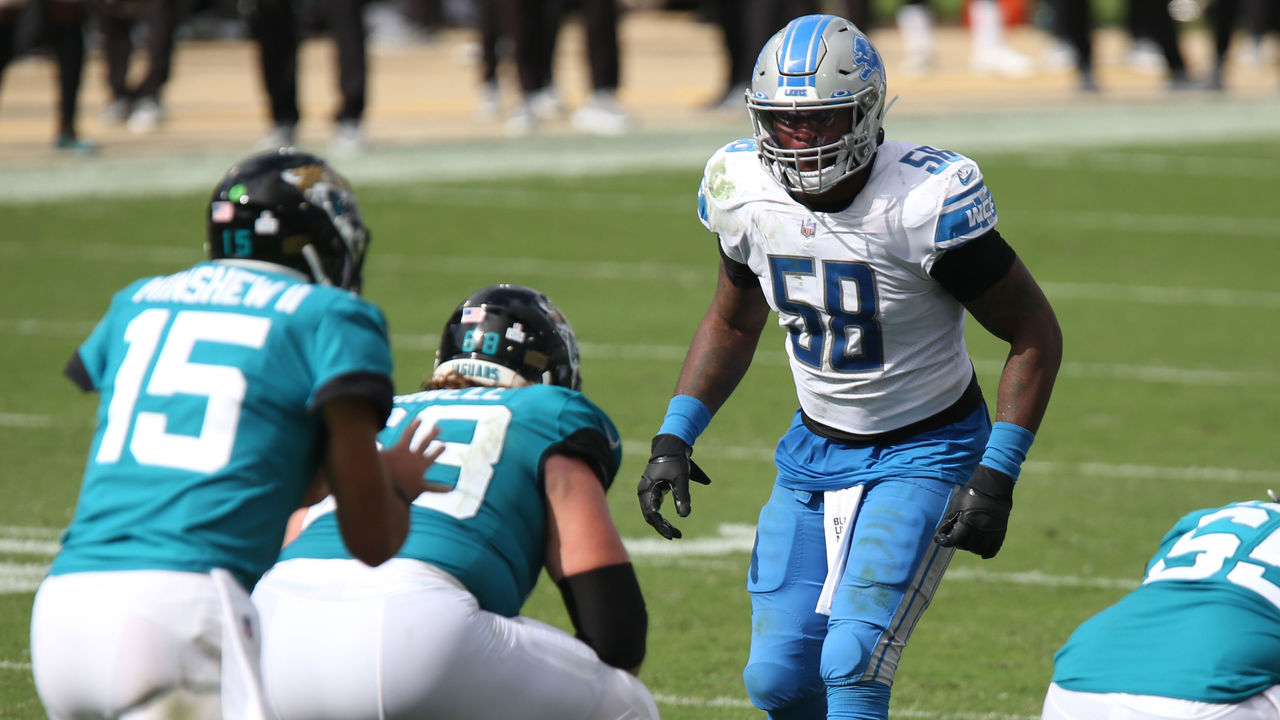Are salary-cap constraints really what's holding back the Patriots?
The New England Patriots are 2-5 and have lost four in a row. They look every bit like the insignificant also-rans they've spent 20 years pounding into submission. The Pats' descent into irrelevance was bound to happen eventually, but it never seemed to arrive. Well, it's finally here. But what's the reason?
The most obvious part of the answer is the loss of Tom Brady, who is one of the most efficient quarterbacks in the league and has the Tampa Bay Buccaneers established as a deep playoff threat.
But the Patriots have roster problems beyond quarterback, and head coach/general manager Bill Belichick - rarely one to provide forthright explanations about team strategy - blamed the limitations of the salary cap during a pair of recent radio interviews. The real root of the problem, though, is something that cuts more directly into Belichick's renowned acumen as a personnel executive: His recent inability to draft well.
Let's break down what Belichick had to say. First, there's what he told former assistant Charlie Weis on Sirius XM radio last weekend:
We were pretty heavily invested in our team in the past few years. From a salary-cap standpoint, we didn't have much flexibility at all. I think that was obvious on the Cam Newton contract. Then we had some opt-outs, so we lost some players there that would normally have been giving us a significant amount of playtime. ...
This is kind of the year that we've taken to, I would say, adjust our cap from the spending that we've had in the accumulation of prior years. We just haven't been able to have the kind of depth on our roster that we've had in some other years.
Then there's what Belichick subsequently told Boston's WEEI radio:
Look, we paid Cam Newton $1 million. I mean it's obvious we didn't have any money. It's nobody's fault. That's what we did the last five years. We sold out and won three Super Bowls, played in a fourth and played in a AFC Championship Game. This year we had less to work with. It's not an excuse, it's just a fact.
Let's parse what Belichick's saying because there's some truth to it, but also some stuff that's misleading.

First, the truth: The Patriots have an estimated $22 million in cap space at the moment, but that's largely because eight players chose to opt out due to COVID-19 concerns, including three significant starters: right tackle Marcus Cannon, inside linebacker Dont'a Hightower, and safety Patrick Chung. As late as June 24 - before the opt-outs - New England had cap space of just $651,000, which was the smallest in the league, according to Sports Illustrated's Albert Breer.
Most of that space was consumed by Newton's deal, which counts $1.18 million against the 2020 cap and was shoehorned in because of cap rules that only count the top 51 players during the offseason.
So how did the Patriots get so tight against the cap to begin with? For one thing, according to Over The Cap, New England has approximately $28.5 million in dead money on the books for 2020, with Brady ($13.5 million), Antonio Brown ($4.75 million), Stephen Gostkowski ($3.2 million), Michael Bennett ($2 million), and Duron Harmon ($1.25 million) accounting for nearly $25 million of that total.

To be clear, dead money is not money being paid to players no longer with the team, but rather the cap accounting for guaranteed money paid out in previous years to players no longer with the team. When Brady signed an extension through 2021 before the 2019 season, for example, the deal included a $20.25-million signing bonus, which was fully guaranteed and paid to him in 2019, but which could be prorated for cap purposes in three-year increments of $6.75 million.
But because Brady's deal was set to void in March 2020, the $6.75 million in cap hits that were scheduled to hit the books in 2020 and 2021 had to be accounted for immediately. As a result, Brady's dead-money charge for 2020 is $13.5 million, even though the Patriots haven't paid him a dime in 2020. The same process worked in similar ways for the other players whose dead money is sitting on the Pats' books.
Jason Fitzgerald of Over The Cap estimated that only four other teams have more dead money clogging up their salary caps this year than the Patriots. So there's certainly some truth to the notion that New England's hands were tied by a lack of cap flexibility - a problem compounded by the significant number of opt-outs, which affected their depth.
In addition, the Pats used the franchise tag on left guard Joe Thuney and failed to reach an agreement with him on a long-term contract by the tag's July 15 deadline. This means that all of Thuney's $14.781-million tag figure has to count against this year's cap; a contract extension could have allowed Belichick to bring that number down by spreading some of the cap accounting into future years.

Belichick's assertion that the Pats "sold out" to compete for, and win, multiple championships in recent years is what's misleading. For one thing, Brady's Patriots contracts in the last decade were notoriously always well below the top of the quarterback market. As Kevin Clark has written for The Ringer, Brady's contracts frequently freed up cap resources that New England then used to sign a number of mid-tier players and free agents. This allowed the Pats to consistently plug numerous roster holes and to provide much-needed depth.
But despite what Belichick said, the Patriots in recent years were by no means big spenders:
On Belichick and the Patriots spending- Their cash spending ranks 19th, 17th, 24th, 12th, and 32nd since 2016. So this is not a team pushing huge money into tight salary cap windows that should cause a bad situation like the Eagles.
— Jason_OTC (@Jason_OTC) November 2, 2020
More often than not, the Patriots chose to not pay their top homegrown talent in recent years when those players were due market-level money at the end of their cost-controlled rookie deals. Whether via trade or free agency, players like Chandler Jones, Jamie Collins, Malcolm Butler, Trey Flowers, and Trent Brown all left when it came time to pay them real money.
In fact, Belichick was often lauded in recent years for his ability to flip veteran players for draft picks, in addition to the way he frequently manipulated the compensatory draft-pick system by allowing high-priced players to sign elsewhere in free agency. Belichick worked the system better than anyone to create ways to stock up on younger, cheaper players.
The problem is that he's struggled lately at finding younger, cheaper players who happen to be good at football. The Athletic's Mike Sando discovered that Collins was the most recent player drafted by the Patriots to go to the Pro Bowl - and Collins was selected in 2013. Additionally, per Sando, outside of QB, the Patriots have drafted only four offensive players who eventually made the Pro Bowl in the last 20 years. Only the Raiders and Rams have chosen fewer.

How bad have the Pats' drafts been? Benjamin Ellinger of Football Outsiders this summer analyzed 10 years of data on every team's draft capital relative to its draft return. Ellinger did this by using Pro Football Reference's career approximate value metric, which is a catch-all football stat not unlike what wins above replacement is for baseball. The Patriots' draft return between 2015 and 2019 ranked 27th.
Of the three players from the 2015 draft who became long-term starters, only guard Shaq Mason is still with the team. Defensive tackle Malcom Brown and defensive end Flowers signed elsewhere after their fourth season. Linebacker Elandon Roberts, a 2016 pick, is also on someone else's roster now following the expiration of his rookie deal.
Since the 2015 draft, only Thuney, a 2016 third-round pick, and Sony Michel, a 2018 first-round pick, have produced anything of value for the roster based on career approximate value. Defensive end Deatrich Wise Jr., a 2017 pick, is a depth piece in his fourth year on the roster. That's not much to show for 43 picks between 2015-19.
New England is still just two years removed from its most recent Super Bowl triumph, but the rot began to reveal itself last year. The Patriots started 8-0 by beating up on weak opponents, with a defense that was on pace to be historic. But the Pats sputtered to a 4-4 second half that included three losses in their last four games. In the wild-card round, the Tennessee Titans quickly wiped them out. The lack of pass-catching talent around Brady had become impossible to ignore.
It didn't help that Belichick tried to chase his draft and personnel mistakes by signing Antonio Brown and Josh Gordon, and by trading for Mohamed Sanu. Once those attempts to plug the dam didn't work, and once Brady decided he'd prefer to live out his middle-aged years playing in Florida, the real root of the problem - a recent record of poor drafts - became too obvious to ignore.
Dom Cosentino is a senior features writer at theScore.